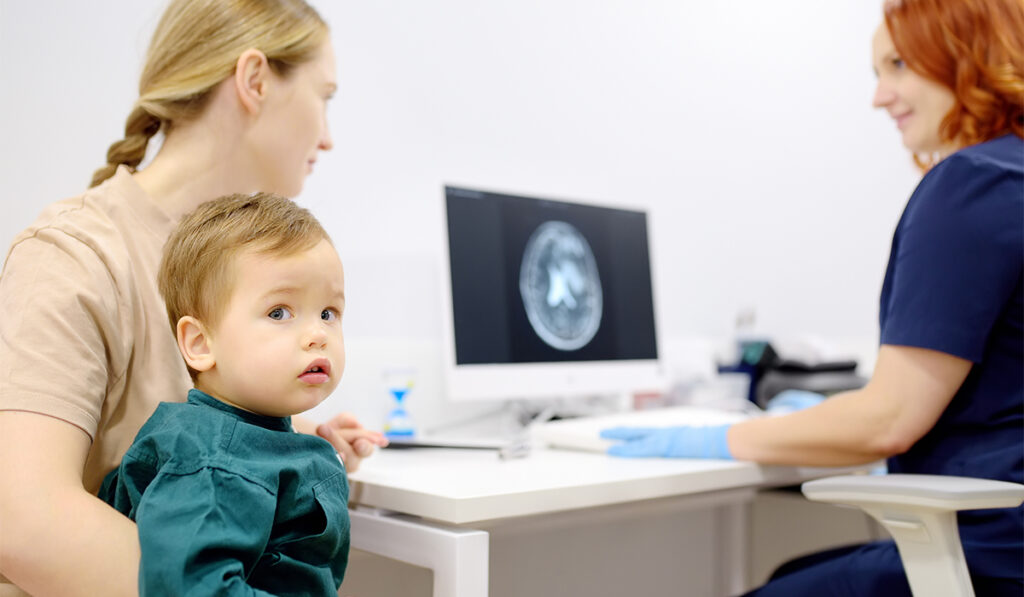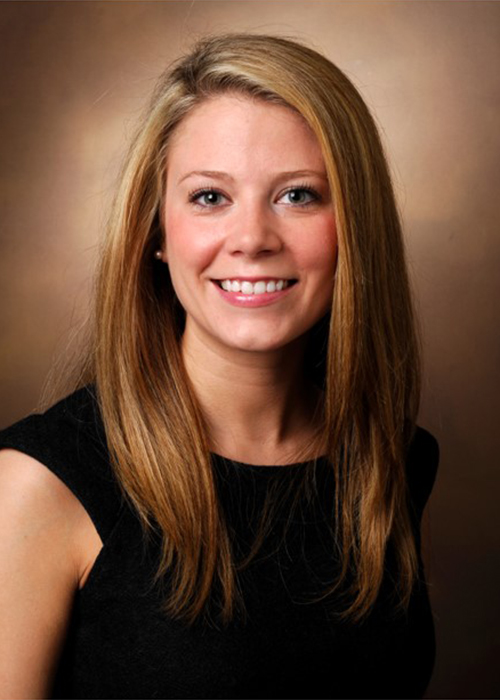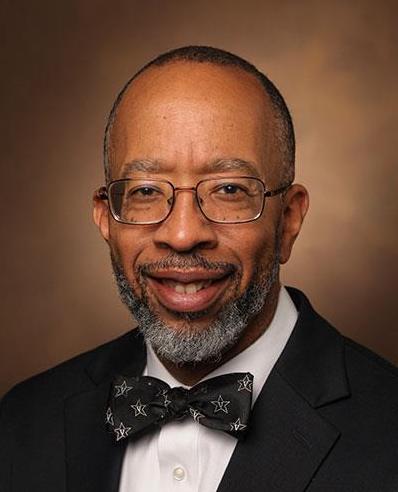Artificial intelligence continues to make waves across industries, and the medical community is no exception.
At Vanderbilt University Medical Center, researchers Jamie Robinson, M.D., Ph.D., and Jeffrey S. Upperman, M.D., led a project exploring ChatGPT’s transformative potential for healthcare delivery and research. Their findings could influence how future studies using the large language model are performed.
The results of the project, which were reported in the Journal of Pediatric Surgery, were exciting, Robinson said, but more work is needed to integrate the model, and its applications, into care and research workflows.
“The adoption of ChatGPT has surged, as more people integrate it into their everyday activities and explore its diverse functionalities,” Robinson said.
While ChatGPT has been able to help physicians and researchers with tasks such as medical documentation, administrative tasks, and regulatory research needs, data have been limited on how the technology may be used to improve patient outcomes and health-care delivery. For example: How will ChatGPT assist clinicians in diagnosis and treatment planning?
Reviewing the Literature
To better understand ChatGPT’s applications, Robinson, Upperman and two of their colleagues, performed an extensive literature review, examining studies related to applications of ChatGPT and reviewing research with a particular emphasis on pediatric surgery.
In addition to analyzing PubMed references, they also reviewed internal research and online sources, such as social-media posts and websites.
The search revealed a multitude of diverse use cases, which the team broadly categorized as either healthcare delivery or scientific research.
ChatGPT and Care Delivery
In terms of delivery, the researchers uncovered four primary areas of application, including patient communication and telemedicine; medical documentation support; patient education; and clinical decision support.
“Currently, ChatGPT is being integrated into medical record systems, mostly aiding medical documentation,” Robinson said. “With its linguistic comprehension and generation capabilities, it offers the potential to significantly quicken the documentation process.”
Relying on AI in health care, however, isn’t completely without risk.
“The integration of an AI system like ChatGPT into electronic health records must be carefully weighed against patient safety and privacy concerns,” Robinson said.
The researchers stated they believe that with access to larger data sets and continued refinement of output, ChatGPT could be useful in almost every step of healthcare delivery.
In pediatric surgical practice, especially, there is a need to educate young patients and their caregivers, who represent a wide range of comprehension levels. ChatGPT, as a language model, could be used to enhance understanding of conditions and treatments, while tailoring educational content to fit specific age groups and cognitive abilities.
While the use of ChatGPT in patient education and clinical decision support is still in its early stages, it offers significant potential for growth, Robinson said.
ChatGPT and Research
Within the context of medical research, the four most prominent applications of ChatGPT were manuscript writing; research funding and planning; analysis; and dissemination.
“As a researcher, I use ChatGPT to streamline administrative tasks, like writing emails and structuring manuscript outlines,” Robinson said. “It’s also useful for organizing and prioritizing tasks in my workday. The potential and opportunities are endless.”
Of course, there are limitations to the model’s capabilities in research contexts. For example, although ChatGPT is increasingly being used in the scientific writing process, functions like data analysis and proficiency with statistical programming languages – such as Stata, R, SAS, or Python – can be obstacles.
Future Directions
Robinson said her team plans to continue to evaluate ChatGPT as a potentially transformative tool for both healthcare and academia.
She said she expects to see more research on the subject, as well as standards to emerge to help guide clinicians and researchers on data security and privacy issues, on quality of the data on which ChatGPT is trained, and the potential for medical misinformation.
“The future looks bright with ChatGPT, but navigating a path forward will require persistent effort, insightful analysis, and ongoing evaluation,” Robinson said.






